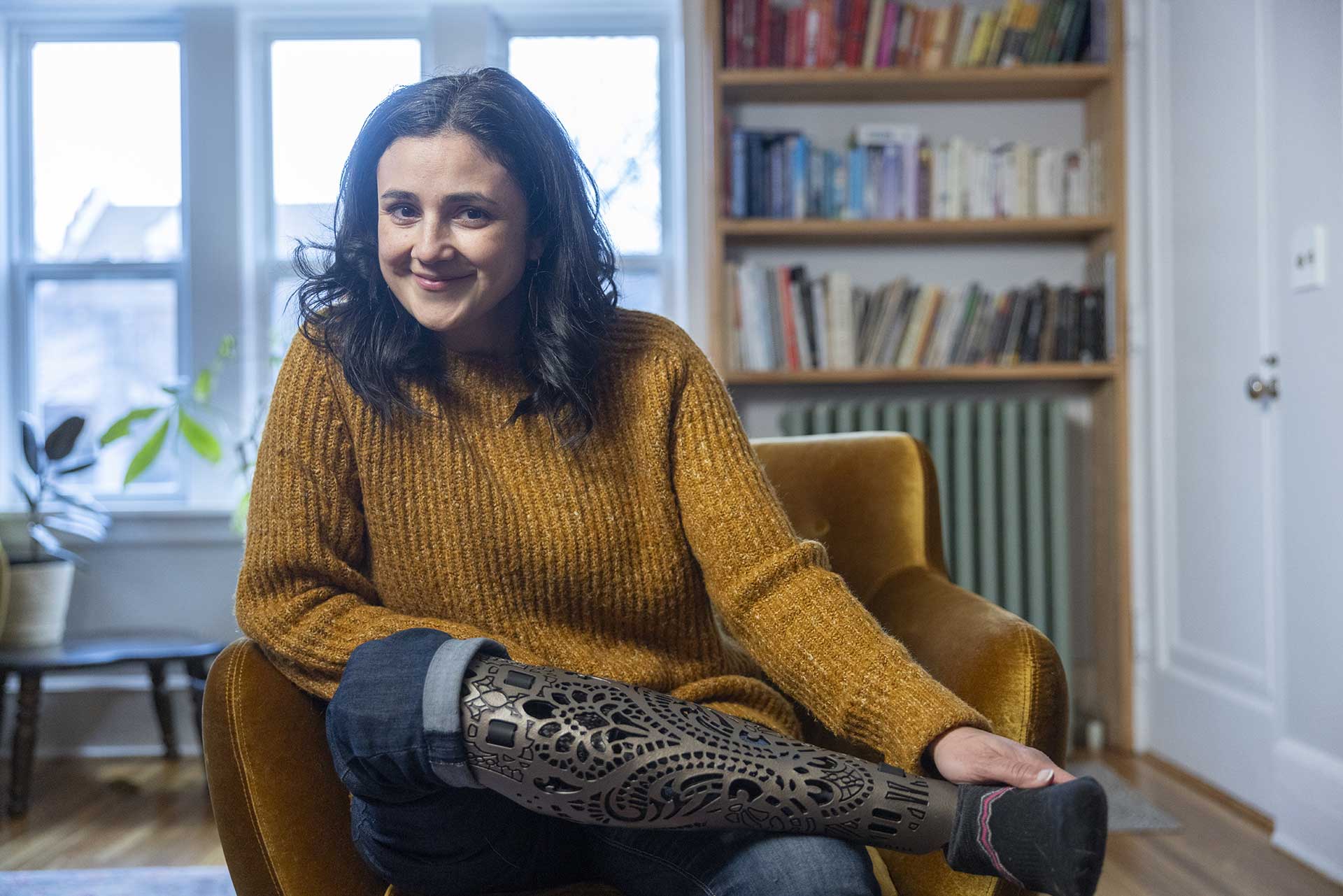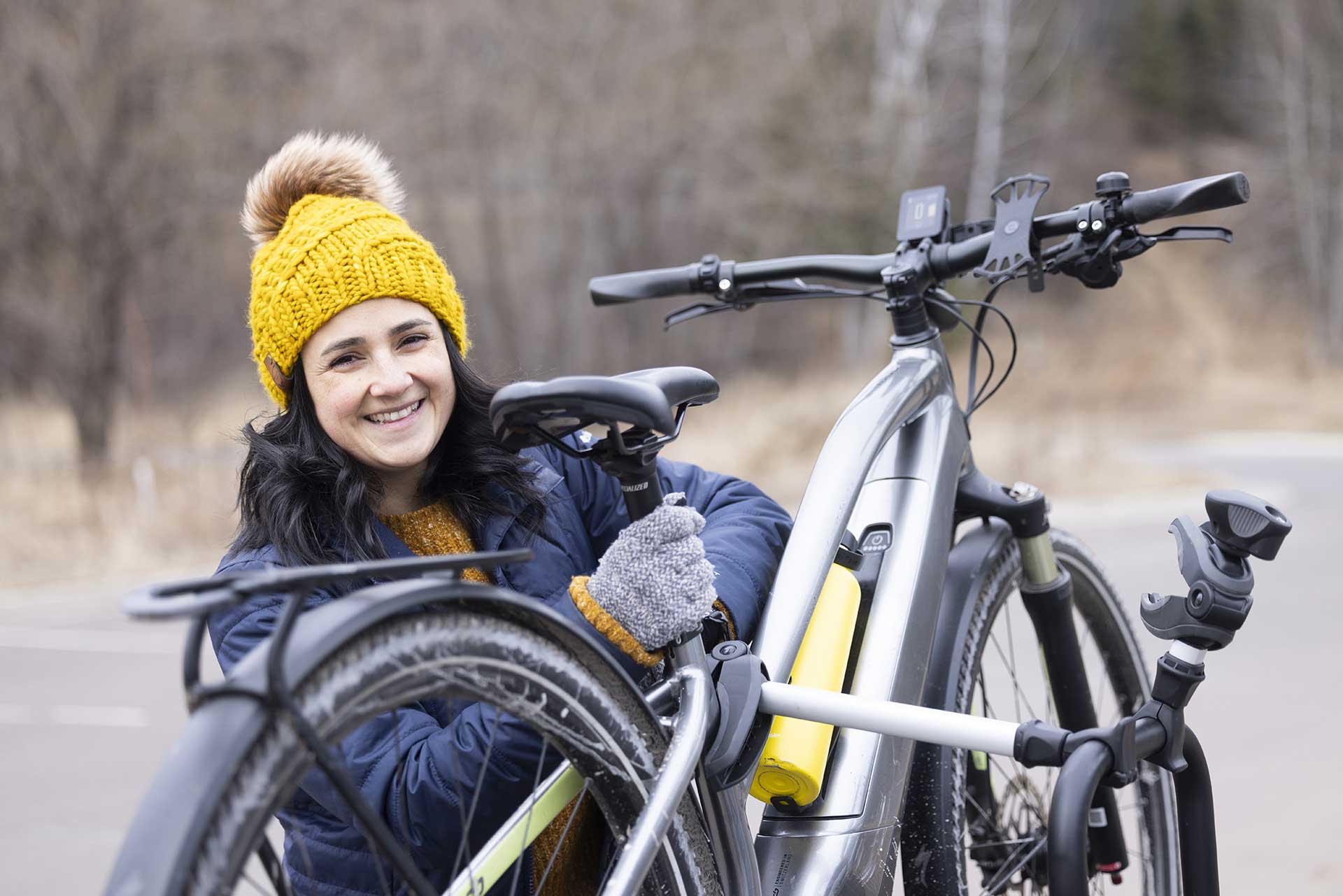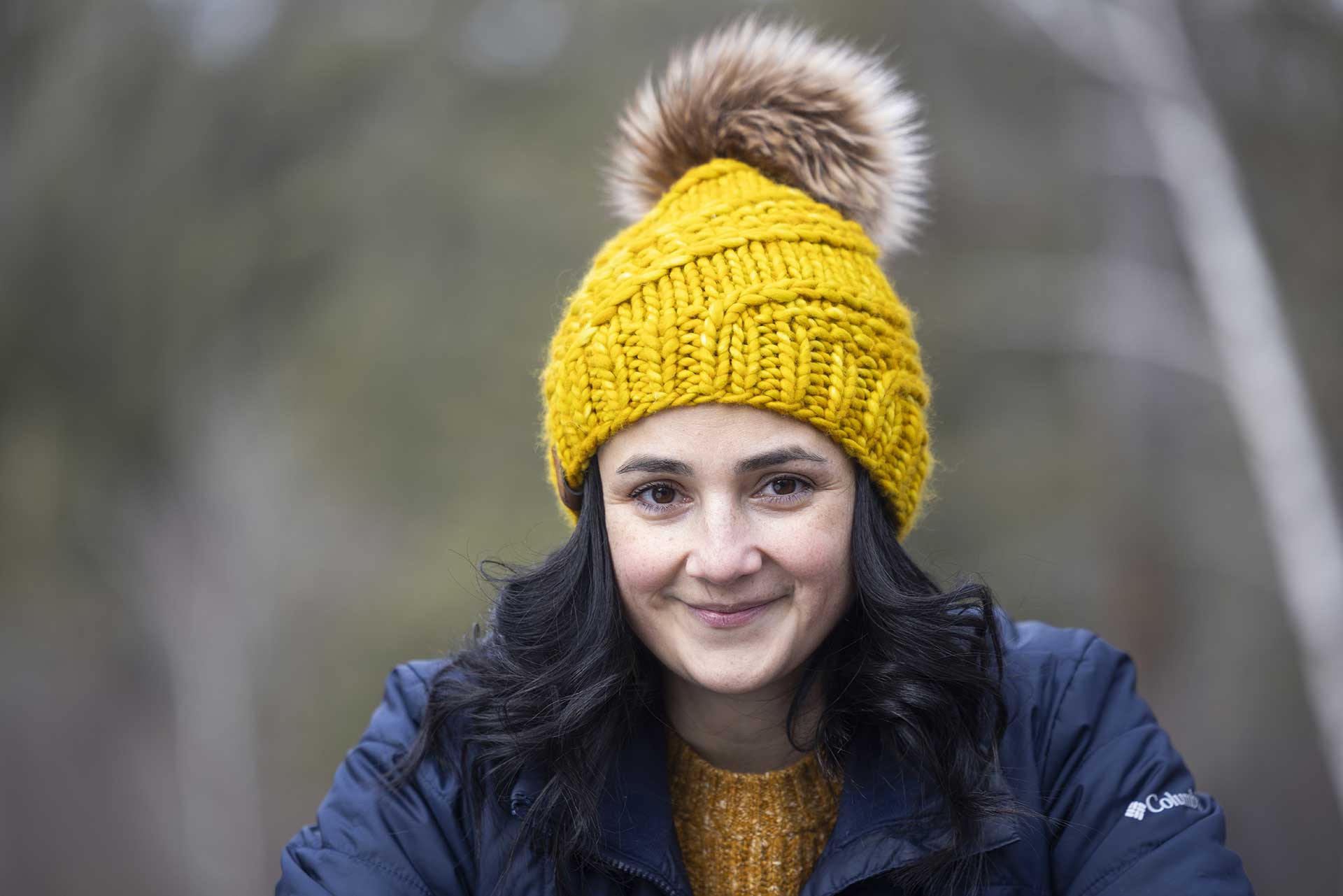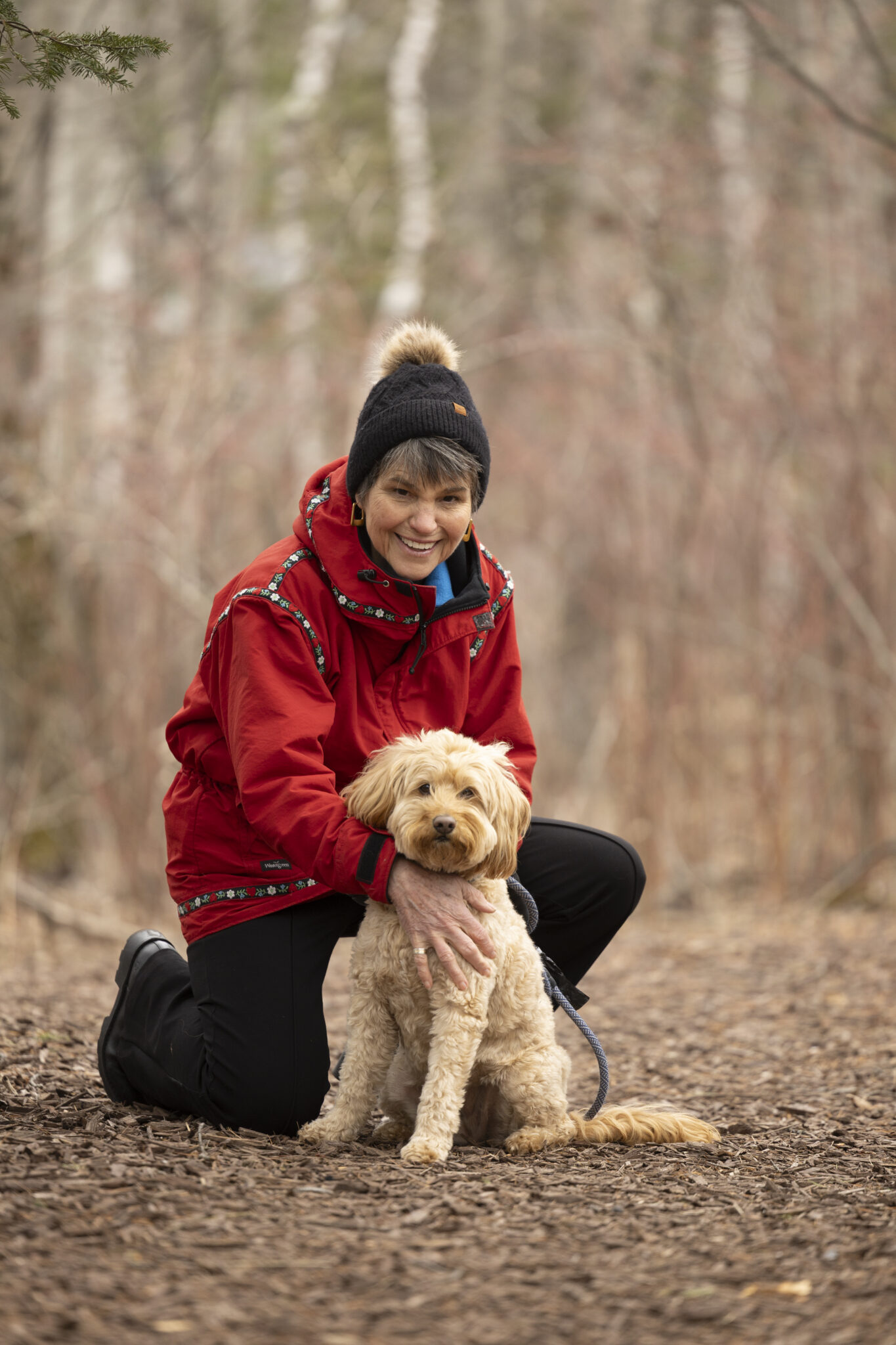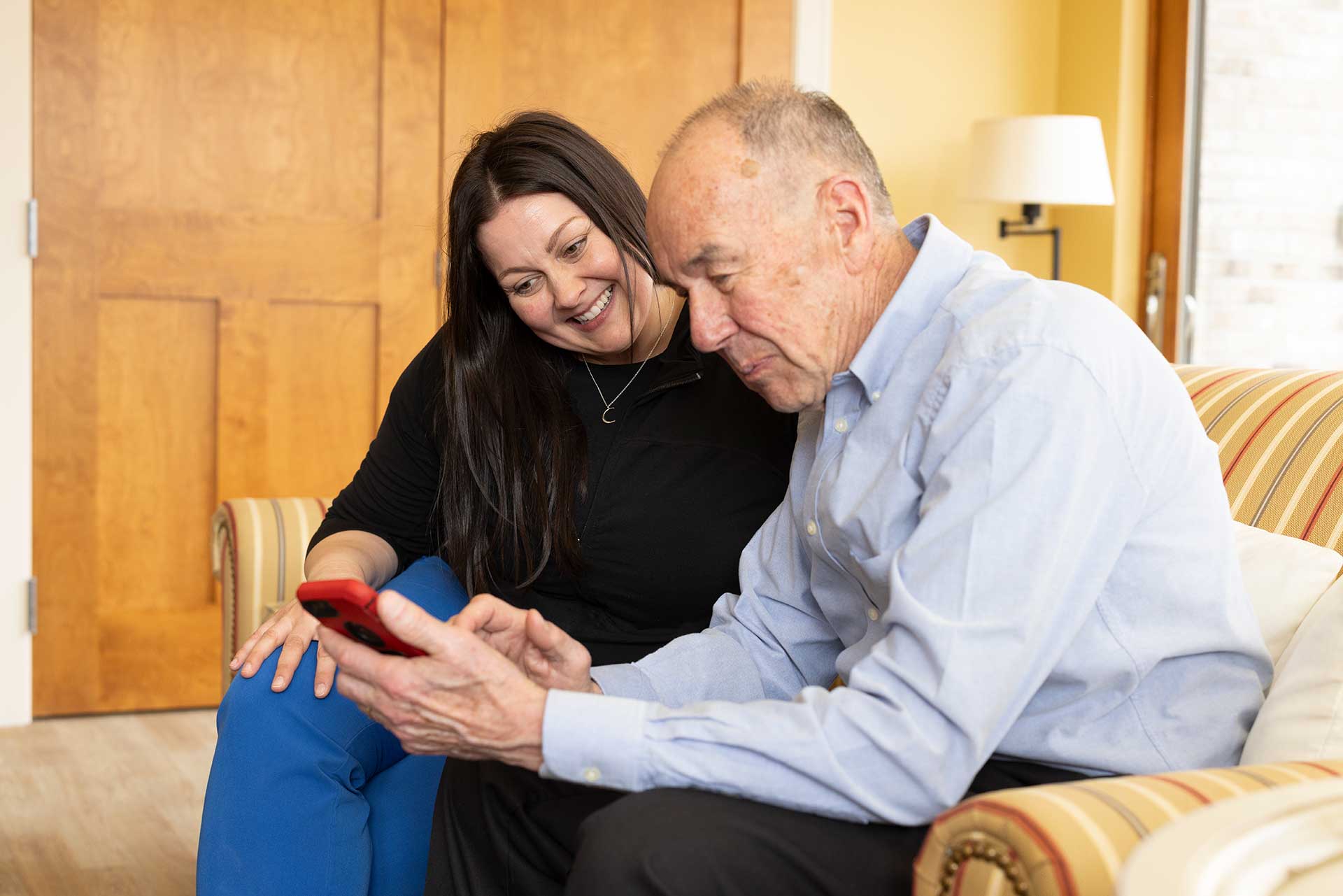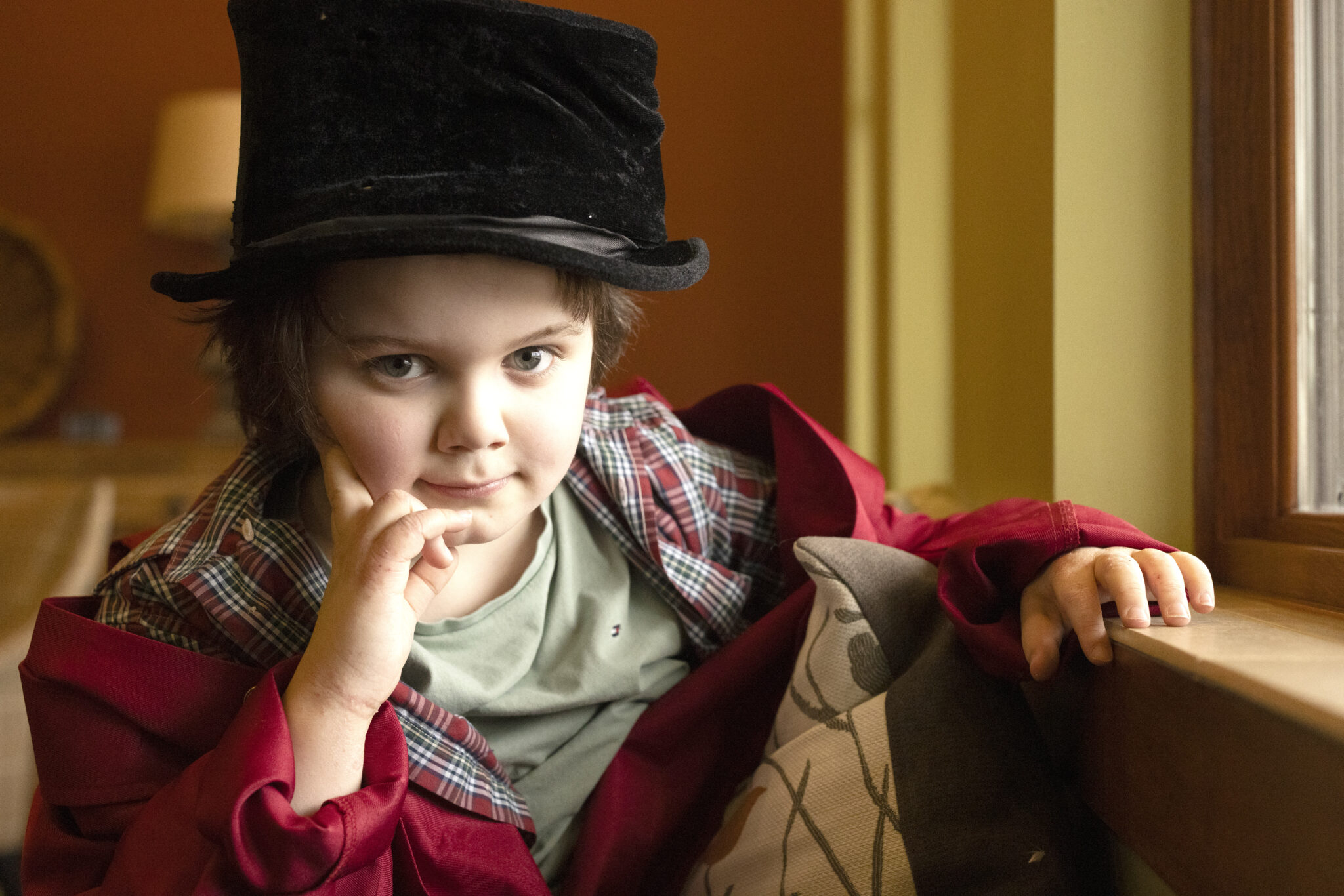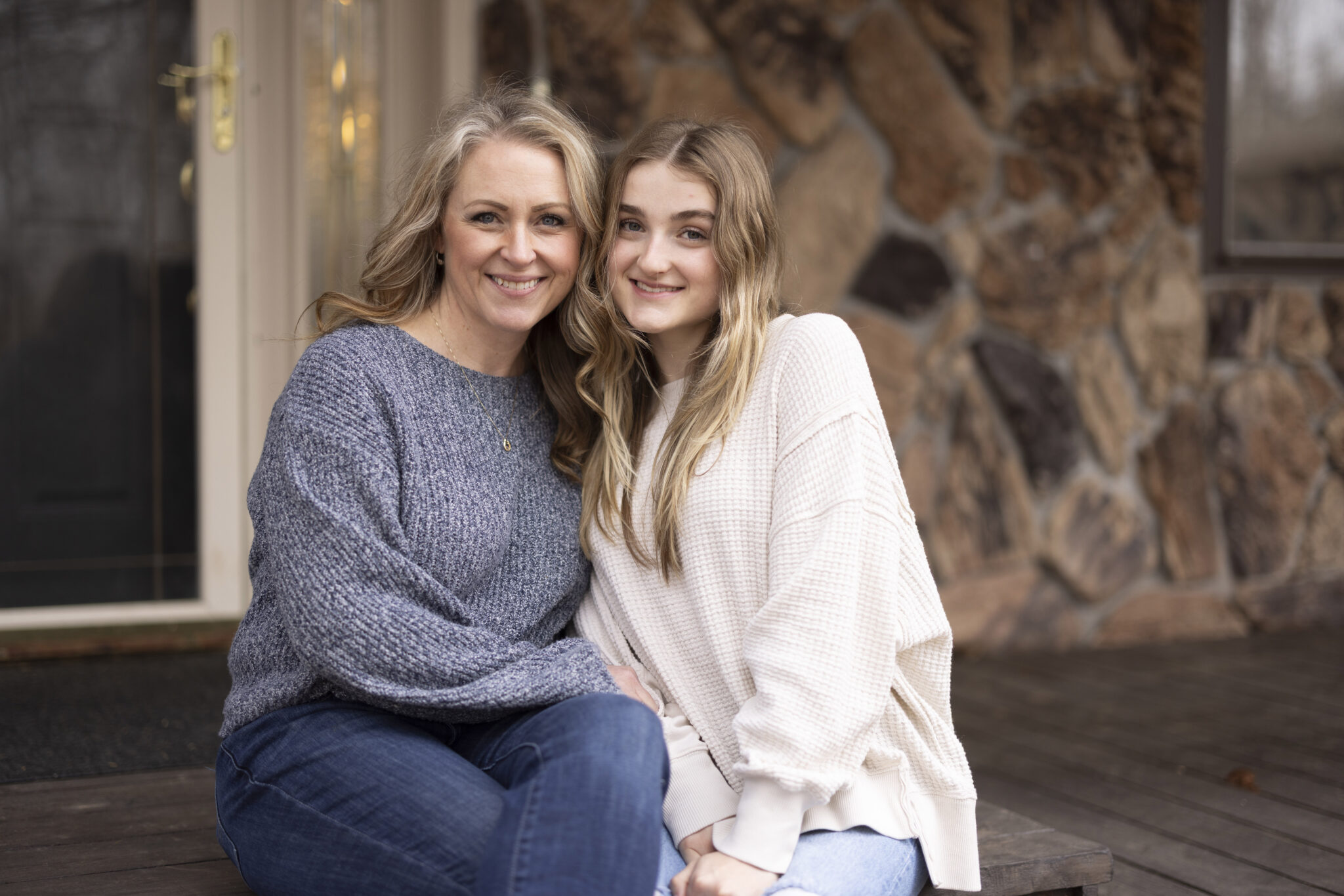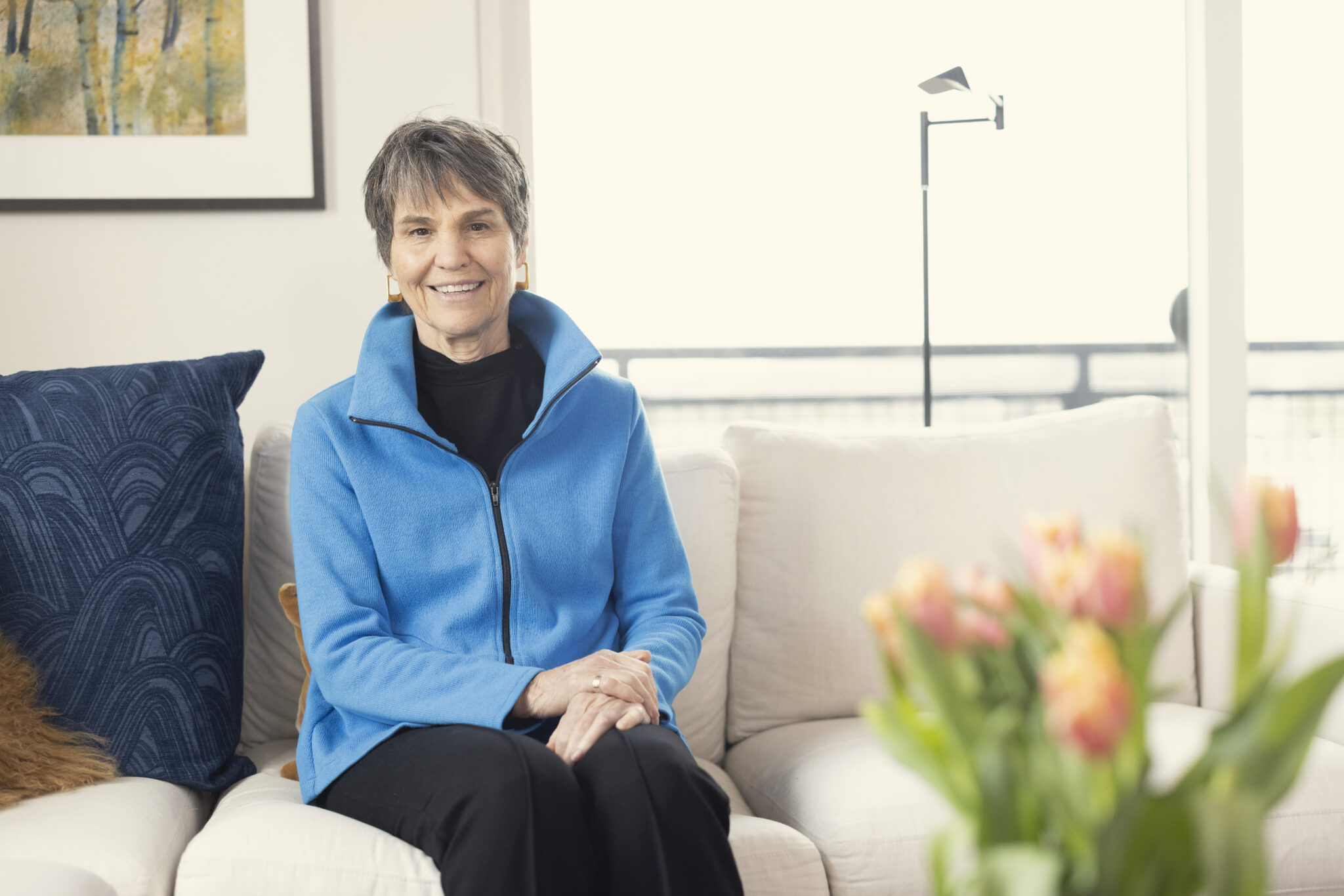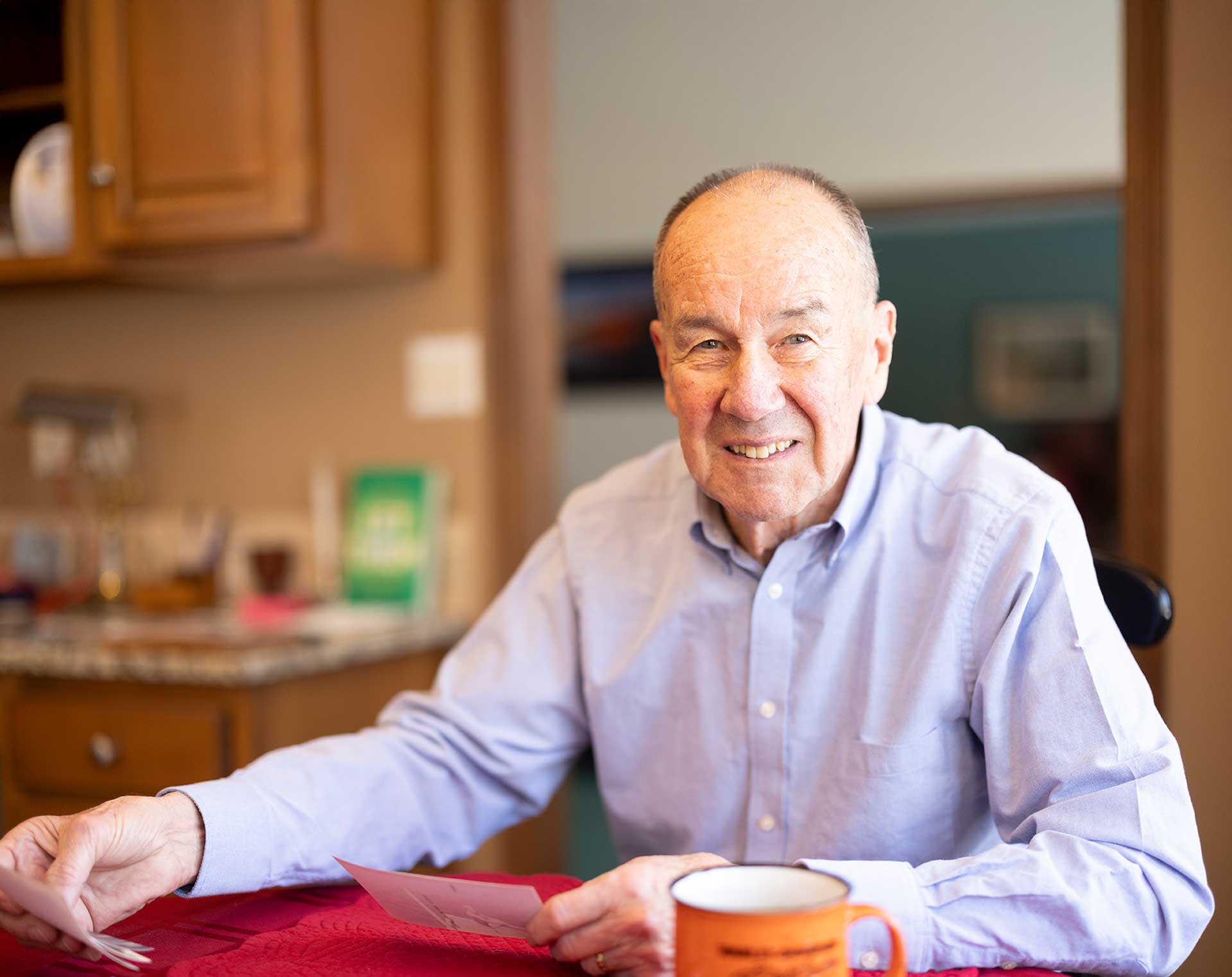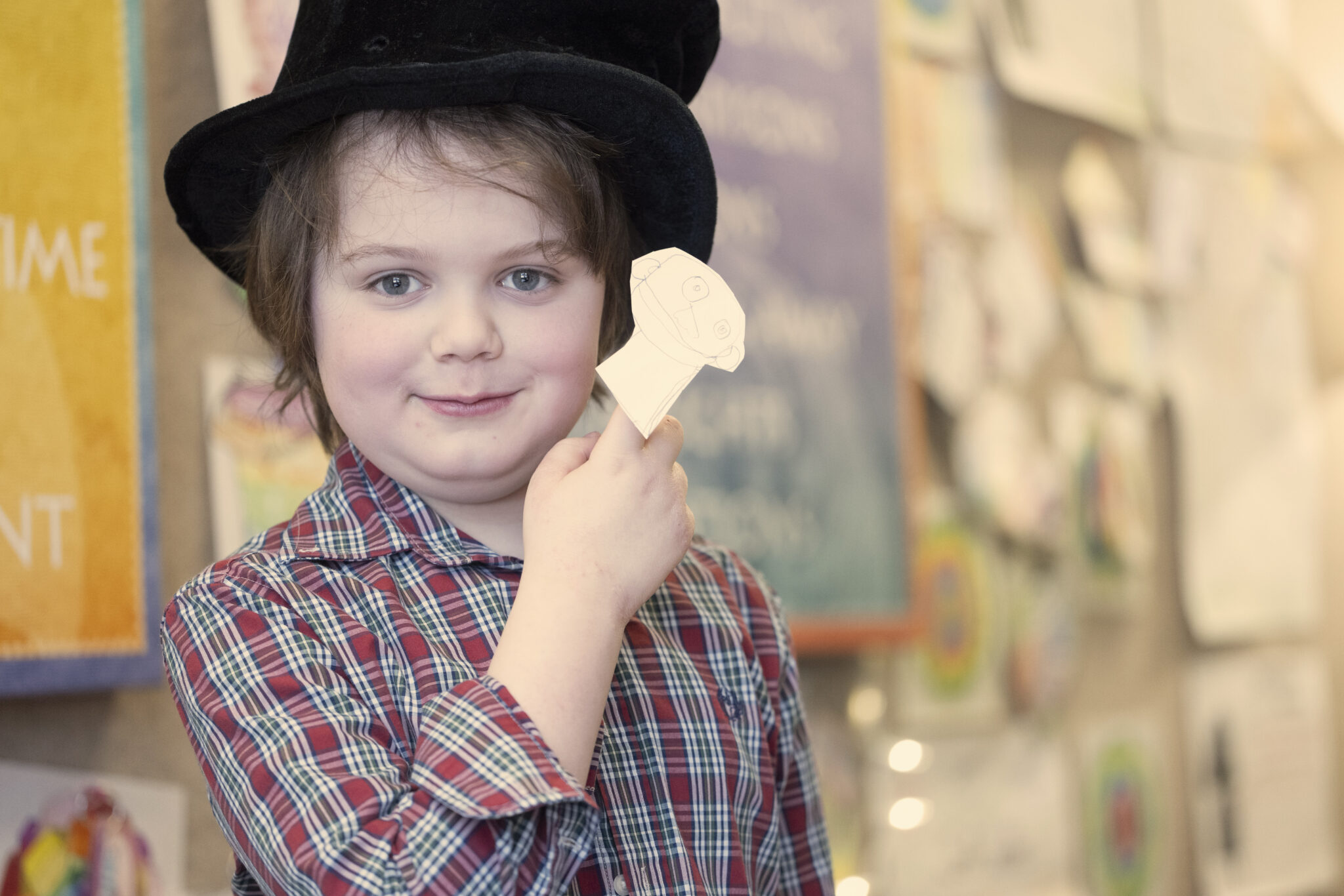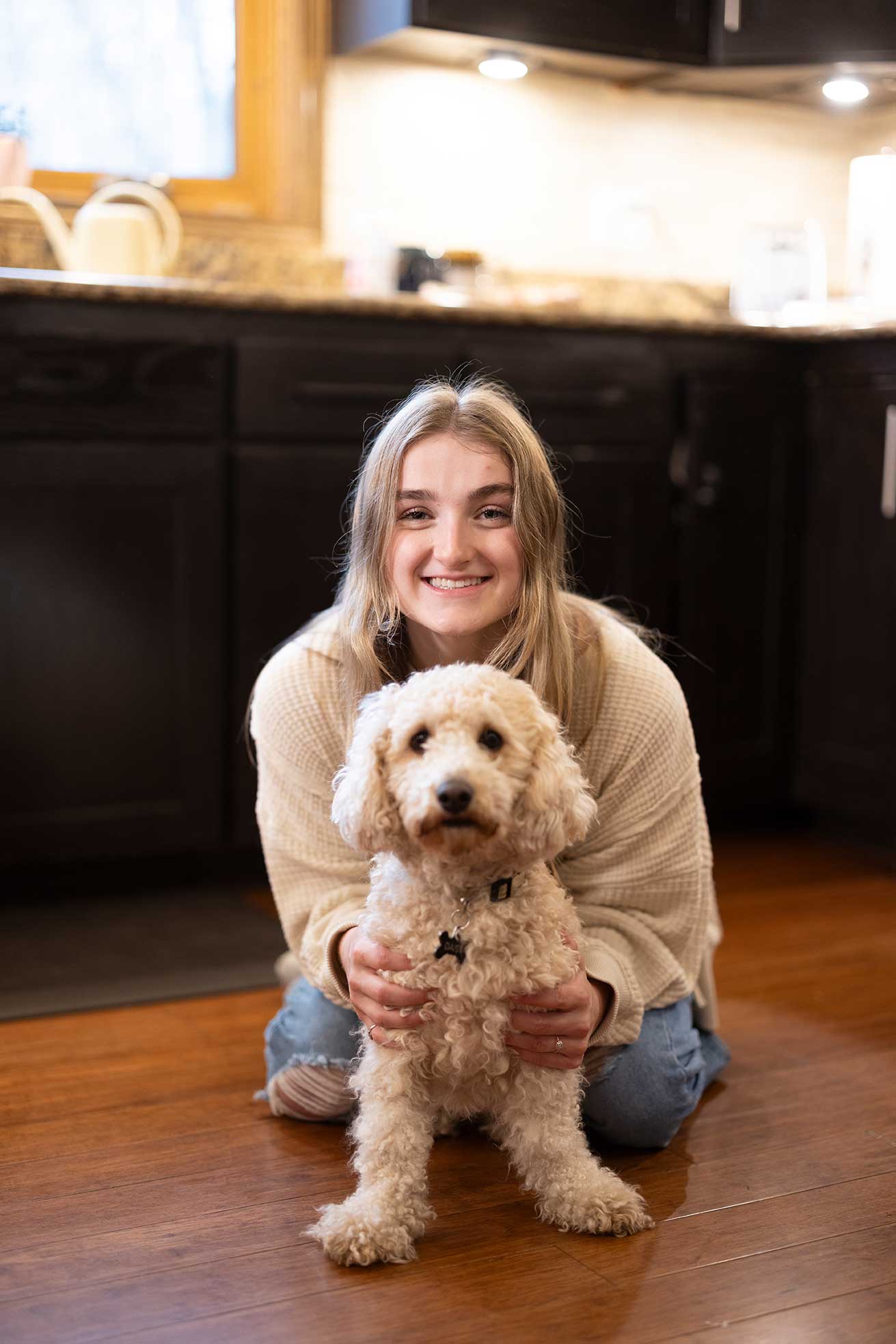The state of our minds can be felt in every part of our body, making the bond between our mental and physical health undeniable. This mind-body connection underscores Miller-Dwan Foundation’s decision this past year to acquire Courage Kenny–Northland programming from Allina Health, renaming and rebranding it Northland Adaptive Recreation (NAR).
“The goal of Northland Adaptive Recreation is to broaden recreation activities and access for people with disabilities,” says Eric Larson, NAR program manager. “We assess opportunities and work to determine how we can create a pathway for people with disabilities to participate. We remove barriers and advocate for inclusion.”
By highlighting what individuals can do rather than what they cannot, NAR promotes empowerment and positive self-esteem. It encourages an environment where people are given opportunities to thrive based on their capabilities.
Victoria Duendes is one of those people. Victoria was born with a congenital limb difference in her right leg and as she grew up, that difference played an integral part in how she viewed herself and the world around her.
“As a teenager, I really struggled with my body image,” says Victoria. “I went through a phase for a couple of years where all I wanted to do was hide my difference. I went from being a very active kid, swimming, doing gymnastics, and skating, to not doing anything where people might be able to see my leg. I stopped wearing shorts and participating in sports. No one on the outside could tell what was happening internally. I was social and active with friends, but inside, my self-consciousness was taking over. I would feel worried just getting up and walking across the room.”
Victoria’s discomfort reached a tipping point when she began to experience extreme pain in her residual limb.
“When I was around 15, I started dealing with acute, nearly constant pain in my residual limb which took me and my mother down the long road of trying to figure out what was happening. My care team spent a lot of time fitting me with new legs and eventually landed on trying a surgery that would change the angle of my knee. It would be a big surgery, I wouldn’t be able to walk for some time and then I would spend months in rehab. But what it really meant for me was that I would no longer be able to hide my leg from the world or from myself.”
That realization catapulted Victorica into a time of self-reflection and acceptance. And a really amazing thing happened: the pain started to subside.
“I was 16 in rural Minnesota in the ’90s. There was no conversation around the mind-body connection. I had no context for what was happening to me—but it was then that I started to conceptualize that our emotions can manifest in our physical bodies.”
Inspired by her experiences, Victoria delved into the world of East Asian medicine, finding solace in its holistic approach to healing. Armed with newfound understanding, she pursued a career as an acupuncturist, eager to help others navigate their own journeys toward wellness.
College brought new challenges and opportunities for Victoria. Engaging with the Courage Center in the Twin Cities introduced her to mono skiing, a sport that would redefine her sense of capability and self-worth. Surrounded by individuals of varying abilities, Victoria found a community that embraced vulnerability and celebrated resilience.
However, the path toward empowerment was not without its setbacks. A traumatic chairlift incident served as a poignant reminder of the battles Victoria still faced.
“I was so excited to return to skiing this winter with the NAR group for the first time since my early twenties,” says Victoria. “But, when the moment came to board the chairlift, I found myself overcome with fear.”
“My perspective changed during those years,” says Victoria. “It was the first time in my life I realized my leg and capabilities are something that I can be proud of. Not just cope with or accept. That was a major shift for me.”
However, the path toward empowerment was not without its setbacks. A traumatic chairlift incident served as a poignant reminder of the battles Victoria still faced.
“I was so excited to return to skiing this winter with the NAR group for the first time since my early twenties,” says Victoria. “But, when the moment came to board the chairlift, I found myself overcome with fear.”
Victoria confronted her fears head-on though, ultimately choosing to prioritize her emotional well-being and back off until she felt more comfortable. With the support of a mentor from NAR, she learned that true courage lies in discerning when to press forward and when to pause and regroup.
Her transformation from her teen years to where she is now is a story of triumph marked by the realization of her capabilities. Victoria’s big, bold actions to overcome adversity and her engagement in activities like biking, hiking, kayaking and trampolining reflect her determination to push forward and seize opportunities.
Miller-Dwan Foundation and Northland Adaptive Recreation are both honored to play a role in unique, capability-affirming journeys such as Victoria’s.
